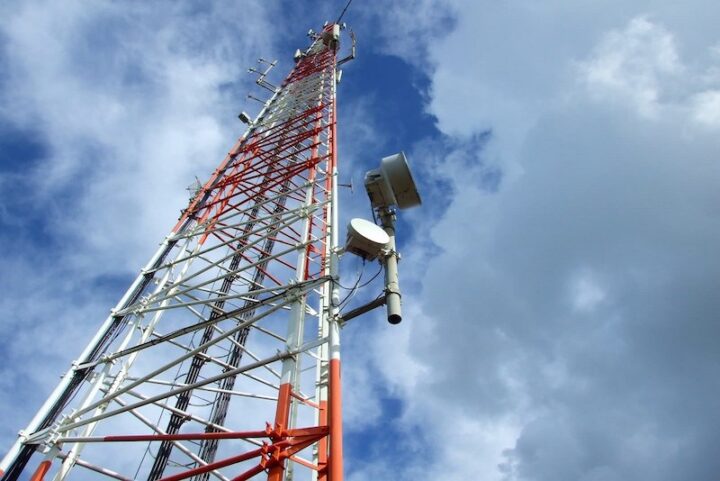BY ODEWALE ABAYOMI
For about a month, in a bid to launch offensives and disrupt bandits’ operations in some parts of Kaduna state, Governor El-Rufai shut down telecommunications networks in the suburbs and even within some mainstream areas of Kaduna city. Since part of the aim of suspending telecommunication services is to strike bandits’ hideouts, many are wondering why network coverage within mainstream areas of the city like Barnawa, Narayi, Sabo, Ungwan Mageiro, etc remains suspended. Are those areas also bandits’ hideouts and camps? Besides, despite telecom shutdown, Sokoto bandits wrote letters while Zamfara bandits contacted kidnapped corps members’ families for N4m ransom.
Although telecommunications shutdown was seemingly effective in the first few days of the shutdown in Zamfara, it appears bandits have adapted to the situation. Reports had it that they now adopt Thuraya satellite phones to bypass the ban on telecommunications network. They circumvent networks, still communicate and wreak havoc despite the network suspension and claims of success by the military – while the masses suffer.
Within the past month, two people were killed by bandits in Zango Kataf, they also attacked Catholic Seminary, abducted 3 seminarians and injured 6 others in Jama’a local government area of Kaduna state. And the shocking attack on Kaduna/Abuja rail track. Away from Kaduna, amidst the network shutdown, 43 people lost their lives following the attack by bandits in Goronyo village, Sokoto. Has phone network outage disrupted bandits’ operations? The obvious answer is affirmative No. Without any doubt, phone coverage shutdown has not in any way disrupted bandits’ attacks.
Advertisement
Subsequently, after the attack on the rail track, former NUJ chairman, Kaduna, Garba Mohammed, who was on the Kaduna/Abuja train, narrated how they were trapped in the forest for about four hours amidst network suspension. Amina Al-Mustapha, a lawmaker from Sabon Birni, Sokoto, also bemoaned that his people are trapped as gunmen wreak havoc on the villages unrestrained – without means of communication for intervention.
Rather, the lives of the vulnerable people whom the government seeks to protect were further endangered in the above attack scenarios – as bandits carried out their nefarious activities unrestrained. Can the victims place a distress call in such precarious situations? It even becomes worrisome to receive warning calls to escape impending attacks. No doubt, the mobile phone shutdown further fuels insecurity. Shutting down telecommunications networks is therefore a counterproductive strategy – and no longer effective.
But, the phone network which the government sees as a security threat is even a potent tool in fishing out and tracking bandits – if only the state government and security personnel see telecommunications networks as a blessing. A robust intelligence gathering, together with telecommunications trails and footprints, would aid their investigation in routing the bandits.
Advertisement
Oftentimes, digital footprints immensely assist developed countries in fishing out terrorists and arresting bandits without shutting down telecommunications networks. Is that a herculean strategy for Nigeria’s security operatives to embrace?
Besides, contrary to the federal government’s claim that phone SIM linkage to national identification number (NIN) will halt ransom demand and reduce insecurity in the country, no visible impact yet. One wonders when the initiative will enhance the tracking and routing of bandits.
Telecommunications suspension is no longer effective. Further suspension of phone networks is not the panacea to the insecurity challenges; rather, it inflicts pain on the masses who need network to foil attacks and report suspicious movements. It is high time security operatives restrategized.
ODEWALE Abayomi, a civil engineer, writes on economy, human rights, and climate change. He tweets @ODEWALEAbayomi
Advertisement
Views expressed by contributors are strictly personal and not of TheCable.
Add a comment






